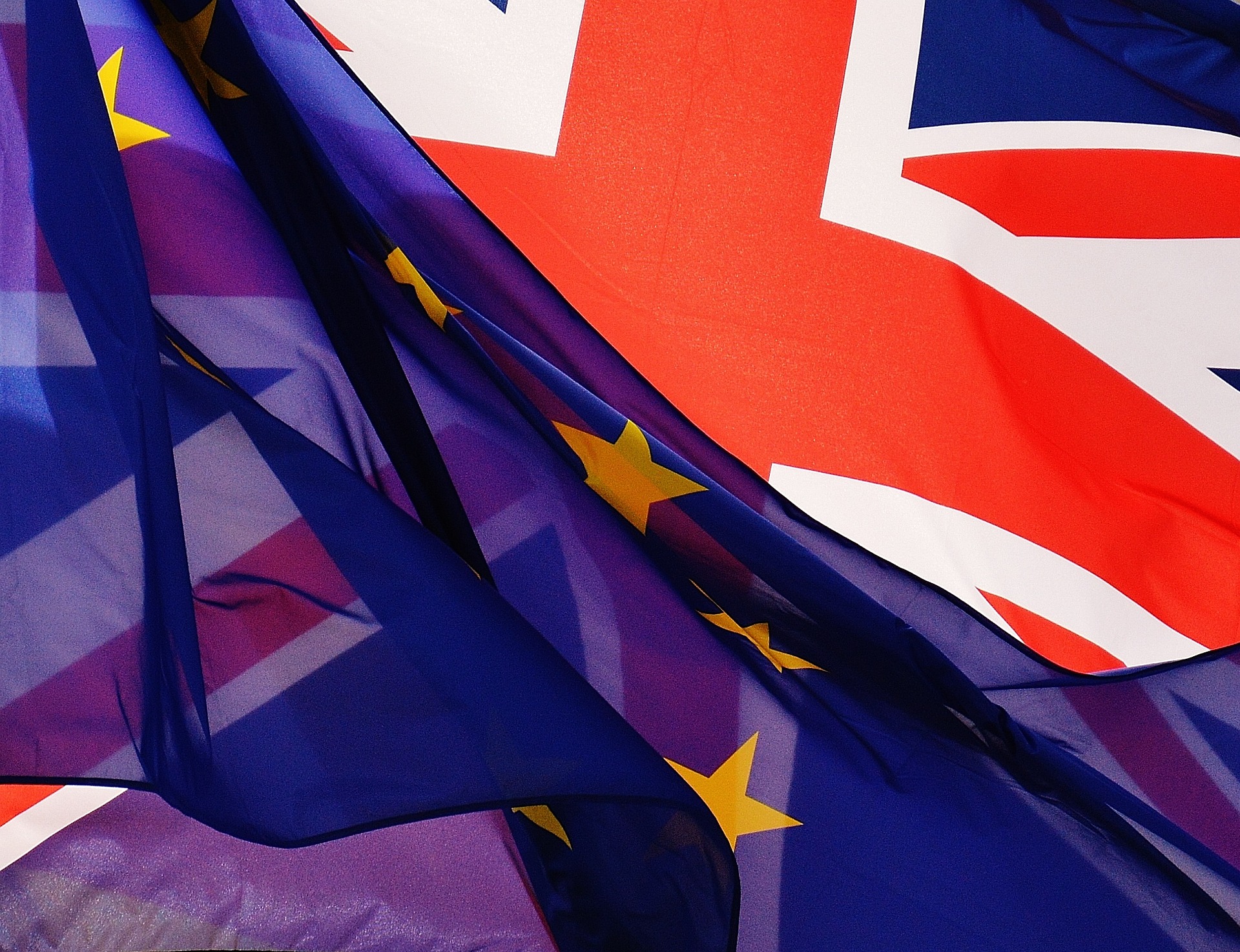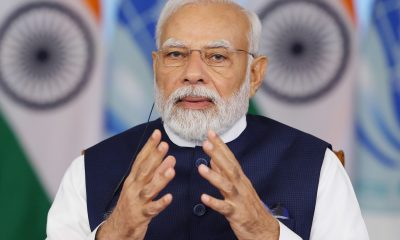News
Brexit countdown: is it even possible to ratify a deal before the deadline?

The UK had been one of the strongest supporters of the EU-Japan agreement, and there was uncertainty about Brexit’s effect on EU trade agreements. (Pixabay Photo)
Yet another deadline in the negotiations for a post-Brexit trade deal has been missed. This one had been set by the European Parliament, which claimed that if its members didn’t have eyes on a deal by December 20, they would not have time to scrutinise and ratify it before the Brexit transition period ends on December 31 2020.
Despite the deadline being missed, the EU and UK negotiators are still talking, with the hope of reaching a deal by the end of the year. And reports hint at progress being made. While sticking points remain, particularly with regard to fisheries, the two parties are moving closer.
But even if a deal is reached in the next few days, and it gets support from the EU’s 27 leaders in the European Council, will there be time to ratify it before the transition ends?
On the UK side, MPs have been asked to remain on standby as they will be recalled to parliament if there is a deal to be approved. There will clearly be little time for scrutiny and the legislation would have to be fast-tracked. But given that most MPs prefer a trade deal to a no-deal scenario, the deal is likely to get approval before the end of the transition.
The difficulty lies on the other side of the Channel.
Ratification of a trade deal in the EU normally takes several months, or even years. First, any deal needs to undergo a so-called “legal scrubbing” process, where EU lawyers review the agreed text to ensure it is compatible with the EU Treaties. While this process generally takes a few months, it can be sped up if needed. For example, the legal scrubbing of the EU-Japan agreement was done in just a few weeks. The reason for this unprecedented speed was the commitment to conclude the agreement before the UK left the EU. The UK had been one of the strongest supporters of the EU-Japan agreement, and there was uncertainty about Brexit’s effect on EU trade agreements.
It then has to be determined whether the final deal covers areas of exclusive competency – meaning they fall under the sole responsibility of the EU institutions – or whether it covers areas of shared competency between the EU institutions and the individual member states. In case of the latter, not only the Council and the European Parliament have to ratify the agreement, but also the legislatures of all 27 member states.
Even if the EU-UK deal is put forward as an agreement that only needs ratification by the Council and the European Parliament, these institutions need some time to scrutinise it. While they can start scrutinising the English text, ratification cannot take place until the agreement has been translated into the other 23 official languages of the EU.
The 27 member states of the Council need to ratify the agreement by qualified majority voting or unanimity, depending on the scope of the agreement. However, in practice, the member states always aim to reach consensus.
Members of the European Parliament vote for or against the agreement. To be approved, a simple majority of all the votes cast must be in favour. The average time for parliamentary scrutiny of EU trade agreements is 117 days.
Exceptional circumstances
It is clear that none of these normal time frames can apply for the EU-UK negotiations, given that they only started 10 months ago. Even the deadline of December 20 was a big stretch. The European Parliament had called for an extraordinary plenary session to be held on December 28, thereby asking MEPs to scrutinise, debate and adopt the deal in just a week. With that deadline gone and both parties having ruled out any extension to the transition period, it is now clear that there is no longer time for parliamentary approval on the EU side.
Does this mean that the UK will crash out without a deal on January 1 2021?
Not necessarily. If a deal is reached very soon and the member states agree to it, the Council can vote to provisionally apply the agreement from January 1, while waiting for the European Parliament to ratify it in the new year. This would be the first time an EU trade agreement would enter into force without parliamentary approval since the European Parliament was given ratification powers with the Lisbon Treaty in 2009.
While MEPs clearly are frustrated with the slow progress in the negotiations, and concerned about the democratic legitimacy of such provisional application, they will most likely ratify the deal in the end. After all, the EU’s chief negotiator, Michel Barnier, has liaised closely with the UK Coordination Group of the European Parliament throughout the negotiations, and there should not be any major surprises in any final deal.![]()
![]()
Magdalena Frennhoff Larsén, Senior Lecturer in Politics, University of Westminster
This article is republished from The Conversation under a Creative Commons license. Read the original article.





















